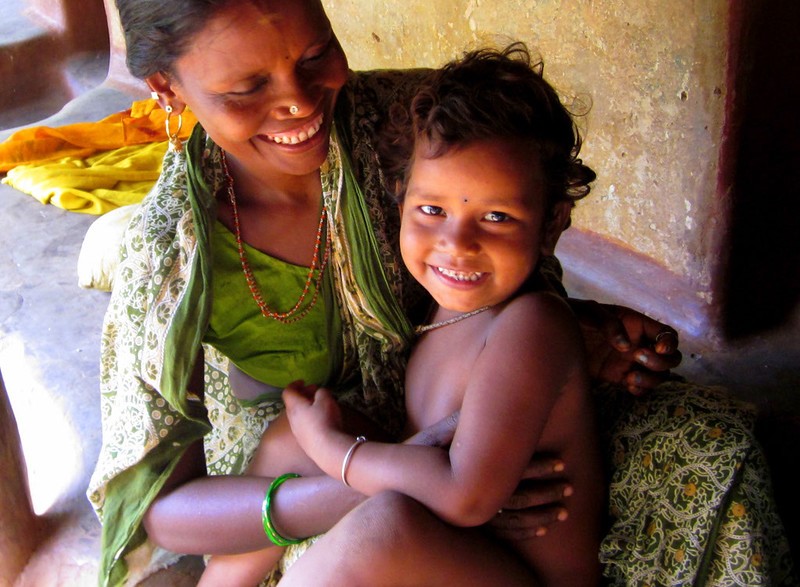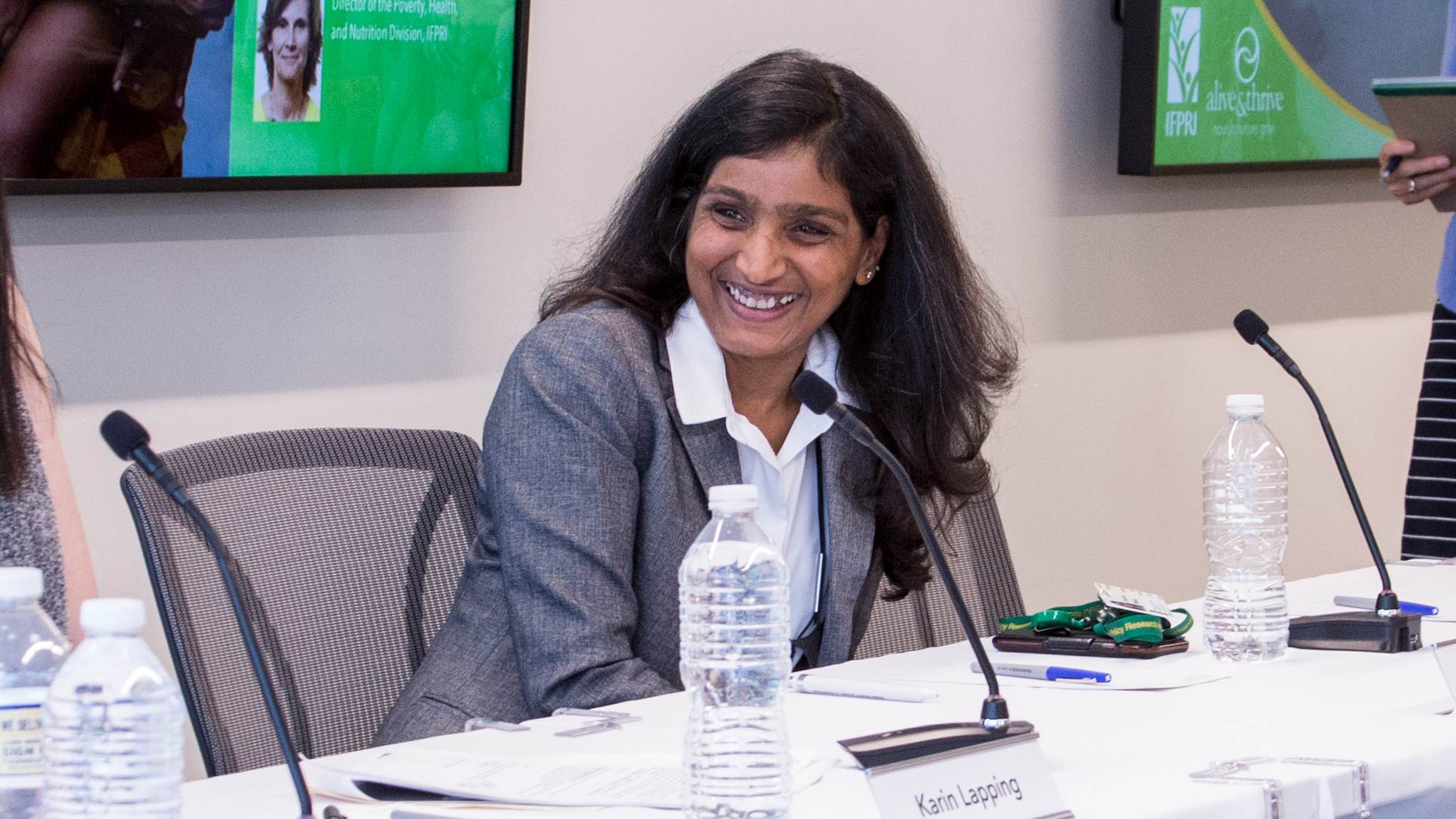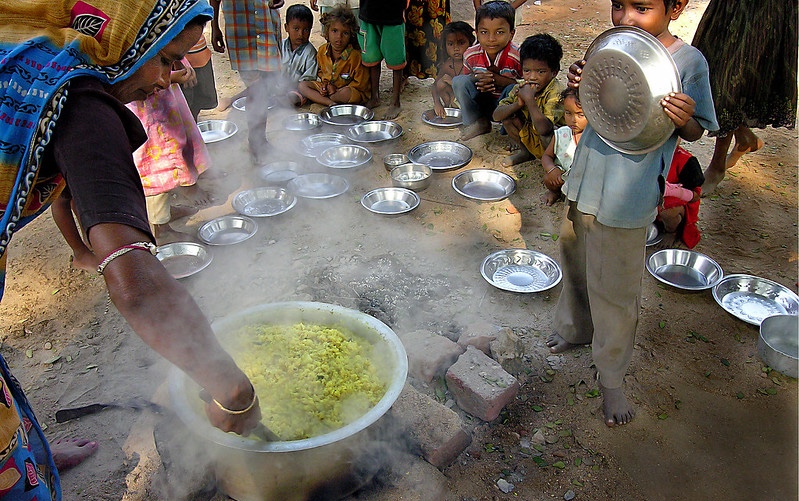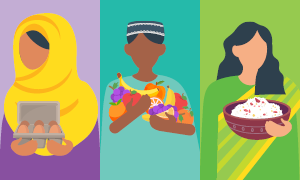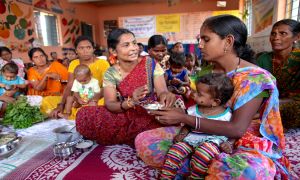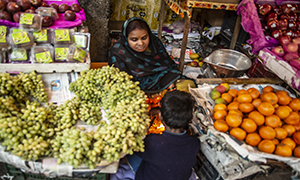Despite encouraging progress on maternal and nutrition outcomes in the last decade, malnutrition continues to be a major challenge in India. Different forms of malnutrition affect people across the country, ranging from undernutrition (child stunting, wasting, anemia and low birthweight) to overweight and obesity. POSHAN aims to provide data and evidence on several critical questions around India’s malnutrition challenge.
The primary goal of POSHAN is to bring together data and evidence that can help support policy and program decisions for accelerating improvements in malnutrition, in all its forms, in India. Currently in the second phase, with secondary and primary data, the team analyzes nutrition outcomes, policies and programs at the state-level and thereby informs optimal state-specific strategies. The team plans generate analytics and evidence at the national, state and district -levels. Lastly, the researchers engage with multiple stakeholders around nutrition to ensure findings reach them and help inform their work.
Project activities and outputs
- State-level success cases in scaling up interventions and reducing child undernutrition: Using a variety of research methods (data analysis, stakeholder interviews, policy reviews and more), POSHAN has developed ‘Stories of Change’ for Odisha, Chhattisgarh, Gujarat and Tamil Nadu to learn about their nutrition progress and identify lessons for other states.
- Generating usable knowledge products and analytics to support strategic decisions for nutrition: We work with large data sets to develop a range of contextually-relevant knowledge products and research papers. These include our District Nutrition Profiles – one for every district in India – and topical Data Notes. Our research papers, several published and in public domain, examine a range of issues of relevance to malnutrition in India, including infant and young child feeding, anemia, adolescent pregnancy, convergence and so much more. Click here to explore our District Nutrition Profiles.
- Identifying the impact of innovations to improve program performance: We conduct impact evaluations, process evaluations and small-scale research studies to assess how well efforts to improve India’s health and nutrition programs work. Prominent studies we are undertaking include an evaluation of ICDS-CAS (Integrated Child Development Services – Common Application Software) in Madhya Pradesh and Bihar, and an evaluation of efforts to improve maternal nutrition services in Uttar Pradesh. We also convene and work with a network of researchers focusing on effective financing for nutrition in India.
- Engaging stakeholders around data and evidence: Our work on communications and engagement aims to engage and rally diverse stakeholders around data and evidence for nutrition in India. We use multiple platforms to get our work out – including the POSHAN website, blogs, Twitter and Facebook. We engage with multiple nutrition-related working groups – formal and informal – in India, bringing evidence to their discussions. We also convene/co-convene events to connect stakeholders, raise awareness on nutrition-related issues, promote cross-state learning and engage actors across the board. And we invest strongly in capacity building, using multiple partnerships and strategies. Learn more about our exciting work with the Lal Bahadur Shastri National Academy for Administration here.




